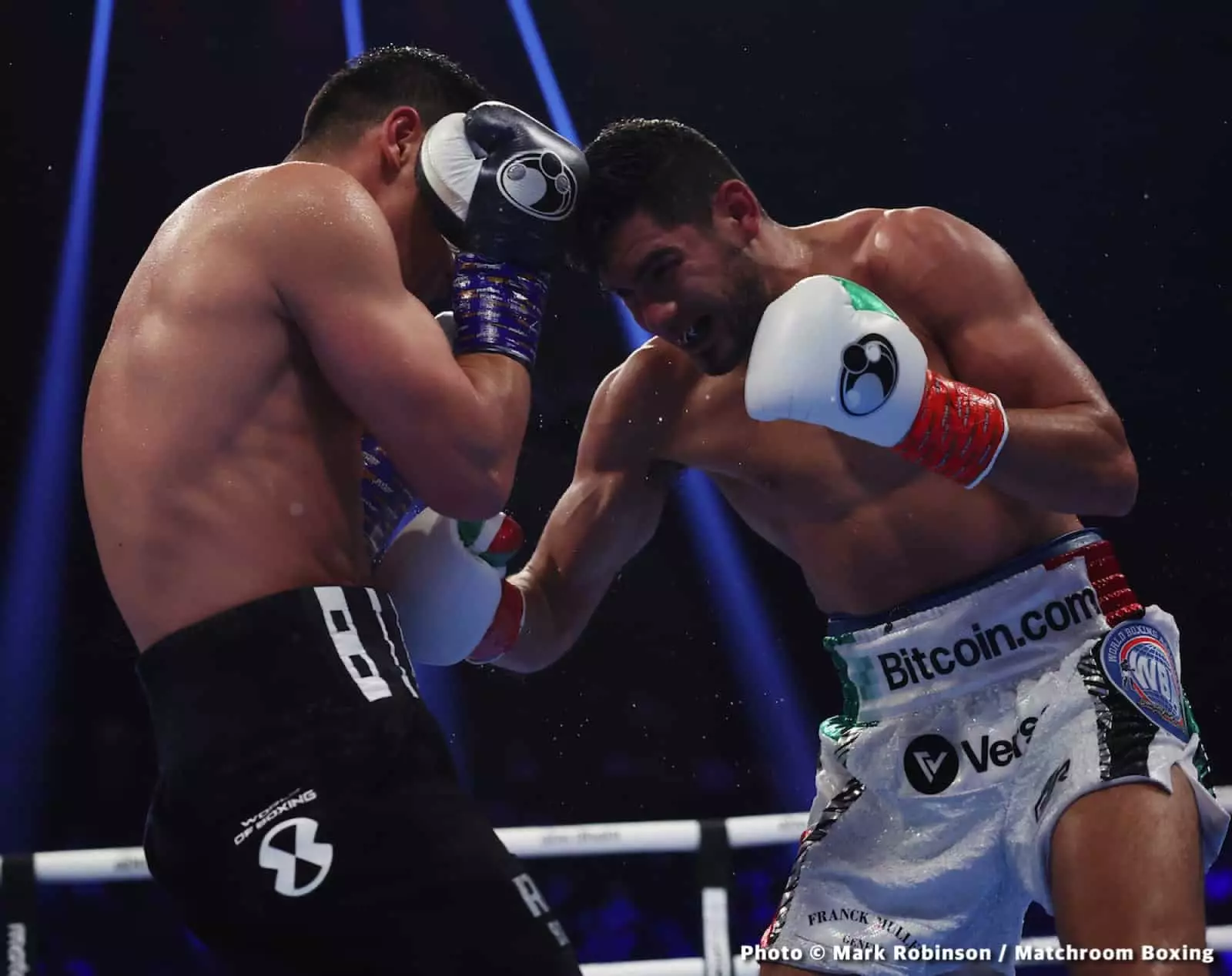Gilberto ‘Zurdo’ Ramirez stands as a formidable force in the cruiserweight landscape, holding both the WBA and WBO titles. Recently, he has expressed a willingness to engage in a unification bout with IBF champion Jai Opetaia. However, the prospect of this matchup raises critical questions about marketability, name recognition, and the overall significance of such a fight within the sport. As Ramirez contemplates this potential clash, the balance of power and visibility in the cruiserweight division also hangs in the balance.
The Challenge of Marketing a Fight
Opetaia, despite boasting an impressive record of 27 wins and 21 KOs, remains largely unknown to the mainstream boxing audience in the United States. This lack of profile could make it challenging for Ramirez to justify a clash on financial grounds. While the appeal of unification is undoubtedly attractive to purists, boxing is as much a business as it is a sport. Without a solid fan base to support the event, the potential for profitability drastically diminishes.
Ramirez is not merely a fighter; he is a brand in himself, having fought in high-stakes environments that have significantly contributed to his notoriety in the U.S. If he were to face Opetaia today, the stage would seem lopsided, with Ramirez bringing a multitude of experiences that far outweigh Opetaia’s current resume. This could reduce the fight’s intrigue, as audiences may already perceive the outcome as predetermined.
Opetaia’s Road to Recognition
Jai Opetaia must elevate his profile in the boxing world before he can attract larger names for potential unification bouts. Currently, he appears more as a titleholder rather than a legitimate competitor with a compelling narrative. Fighting lesser-known opponents, such as his upcoming match against Claudio Squeo, does little to build his reputation and, consequentially, his marketability.
The boxer is at a crossroads; he needs to seek out rigorous competition that can bring attention not only to his skills in the ring but also to his narrative as a fighter. Critics argue that without proving himself against better-quality opponents, Opetaia risks becoming an irrelevant name in the division. The road to establishing a fighting reputation is often long, and it’s essential for him to recognize this urgency.
Financial Machinations and Career Opportunities
For Ramirez, options abound that could yield more lucrative returns than a showdown with Opetaia. He could potentially face rising stars like David Benavidez, who has even hinted at moving up to cruiserweight for the challenge, or established talents like Dmitry Bivol or Artur Beterbiev. Each of these potential fights poses not only a financial incentive but also the opportunity for Ramirez to solidify his legacy against fighters who are highly regarded within the boxing community.
Furthermore, the sheer volume of money that can be generated from these rivalries nuances the discussion of what makes a fight worth pursuing. Ramirez’s strategic choice to delay a bout with Opetaia can also be viewed as a shrewd business decision aimed at maximizing his financial standing and preserving his brand integrity.
While the allure of unification fights persists, the realities of marketability, recognition, and potential earnings cannot be overlooked. Ramirez’s next moves in the boxing arena will not only define his career trajectory but will also shape the narrative of the cruiserweight division for years to come. The fight with Opetaia would be a welcome addition to his portfolio, but whether it becomes a reality hinges heavily on both recognition and readiness from all parties involved.


Leave a Reply